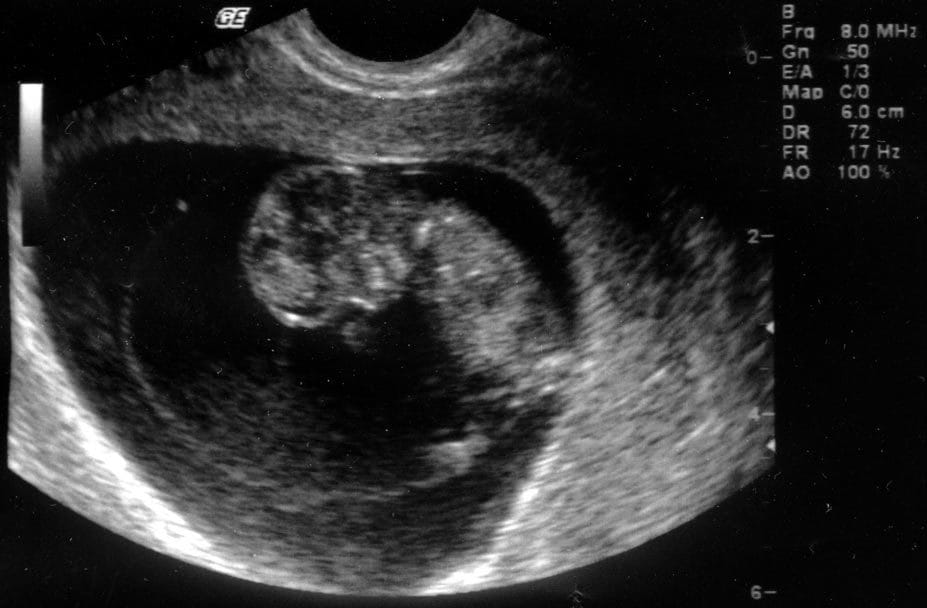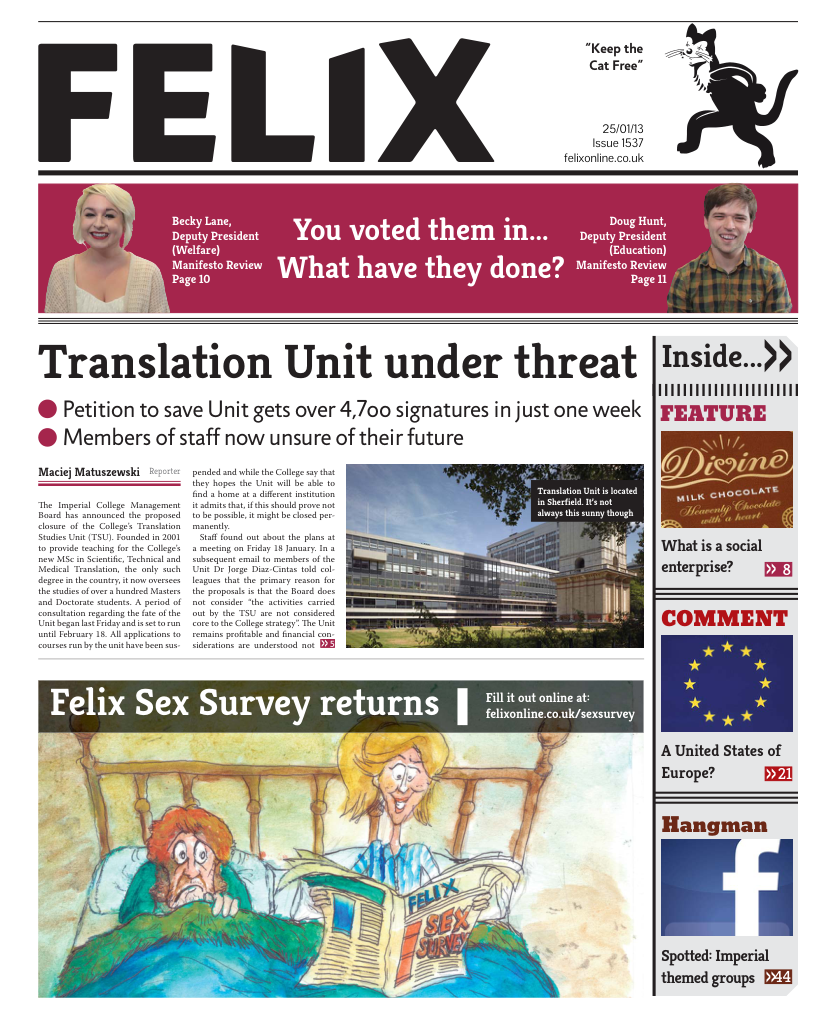A treatment for women vulnerable to miscarriages?
Imperial and Warwick research may hold the key

Researchers at Imperial College and the University of Warwick have identified molecular signals produced by cells in the womb saying whether an embryo can implant there or not, and suggest that drugs affecting these signals could be used to treat women vulnerable to miscarriages.
A fertilised embryo must embed itself in the uterus during a specific few days in the menstrual cycle for proper development. Previously,it was unclear how endometrial cells control the time during which they are receptive to embryos, and how they signal this receptiveness. A recent investigation into the chemicals produced by endometrial cells has found that a molecule called IL-33 is secreted during the receptive period, which regulates inflammatory and immune responses in nearby cells.
Usually, this molecule is secreted briefly, allowing embryo implantation only during the correct time in the menstrual cycle. However, the study found that in women who had suffered several miscarriages, IL-33 is secreted for up to 10 days, showing the endometrium is receptive even when it is not ready for embryo development.
The study also investigated the effect of these molecular signals in mice. Mouse uteri were treated with human endometrial secretions, which increased the period during which the mice could become pregnant while also increasing the likeliness of miscarriage, supporting the theory that the signals are responsible for multiple miscarriages in humans.
Further research into the IL-33 molecule and drugs that block its action may lead to new treatments for women who have suffered miscarriages. The researcher leading the study, Professor Jan Brosens of Warwick, said, “the molecular signals we identified are known to be involved in a range of diseases, including Alzheimer’s, asthma and heart disease. Our findings suggest that targeting these molecules might also be a promising strategy for developing treatments that would prevent miscarriages in women who are especially vulnerable.”








